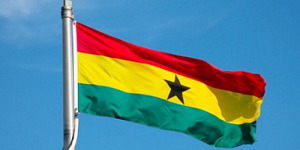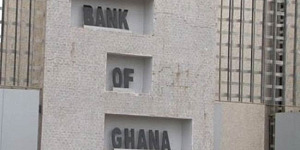Ghana’s headline inflation slowed to 9.4% in September, the ninth consecutive monthly decline and the first single-digit reading since August 2021. The rate now falls within the Bank of Ghana’s medium-term target band (8% ±2%) and reached the end-2025 target three months ahead of schedule.
🔔 Follow our WhatsApp Channel for real-time news updates.
Government Statistician Alhassan Iddrisu said the trend confirms a disinflation process that began late last year, after inflation peaked near 24% in December 2024. The drop reflects base effects, easing food prices, and relative cedi stability.
- Food: Inflation eased to 11% (from 14.8% in August), though charcoal, cooking oil and smoked fish kept pressure on household budgets.
- Imported goods: Down to 7.4%, supported by a stronger cedi and lower global prices.
- Local goods: Still high at 10.1%, reflecting supply and distribution issues.
- Services: Slightly lower at 4.8%.
Regional gaps remain: the Northeast posted 20.1% while Bono East recorded just 1.2%.
In response, the Bank of Ghana cut its policy rate by 350 basis points to 21.5%, expecting inflation to keep easing in the short term. But risks persist from cedi depreciation, rising fuel costs, and possible utility tariff hikes.
For households, the relief is uneven: vegetables and cereals are cheaper, but energy and basic necessities remain costly.







































